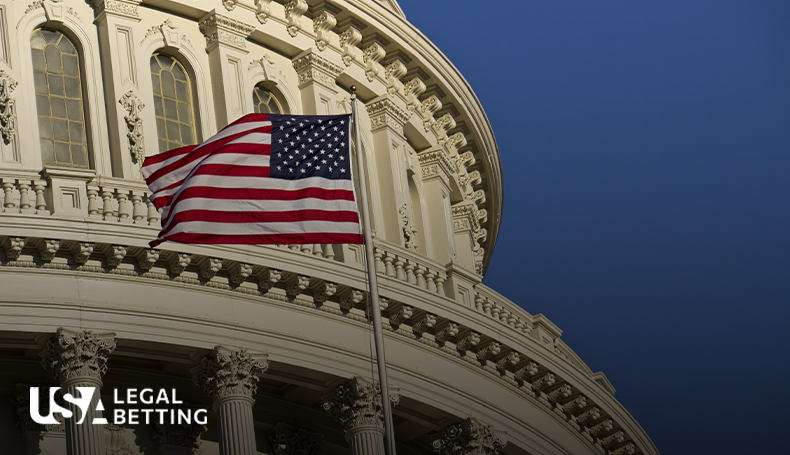While the upcoming launch marks an exciting new chapter for the Tar Heel State, there are still concerns about the potential negative impacts of the expansion of gambling.
“We’re ready. We know it’s coming,” said program administrator for the NC Problem Gambling Program, Amanda Winters, in an interview with NC Health News. “We understand what’s happened in other states, so that’s helped us prepare ourselves a little bit better. But we’re waiting with bated breath to see how it plays out.”
North Carolina is expecting to be even busier than usual because of the timing of its launch—just before the aptly named March Madness. Pre-tournament estimates in 2023 suggested Americans would wager a combined $15.5 billion, five times more than the $3.1 billion estimate in 2022.
Sports bettors also recently showed their cumulative power during the Super Bowl, before which the American Gaming Association estimated there would be $23.1 billion worth of bets.
The expectations of flooded hotlines are also not without precedent. Florida, which re-launched its sports betting market in December 2023, experienced a 138% increase in calls and text messages to its helpline within its first 45 days of sportsbook operations.
“We’re struggling and there’s no doubt, trying to keep up is an effort,” said Richard Pinsky of the Florida Council on Compulsive Gambling. “We’re scrambling, we’re trying to add folks.
North Carolina lawmakers will allocate $2 million in annual funding to the NC Problem Gambling Program, though the first round of funding won’t come until July 1. That leaves four months for them to deal with the potential increase in calls with the staff they already have in place.
“We are able to plan, and that’s a big part of the program that we run here … ensuring that the plans and the programs we have in place already are on a solid, concrete base and are strong so that when we do build on them, we know that we are starting from a good place,” said Winters.


















